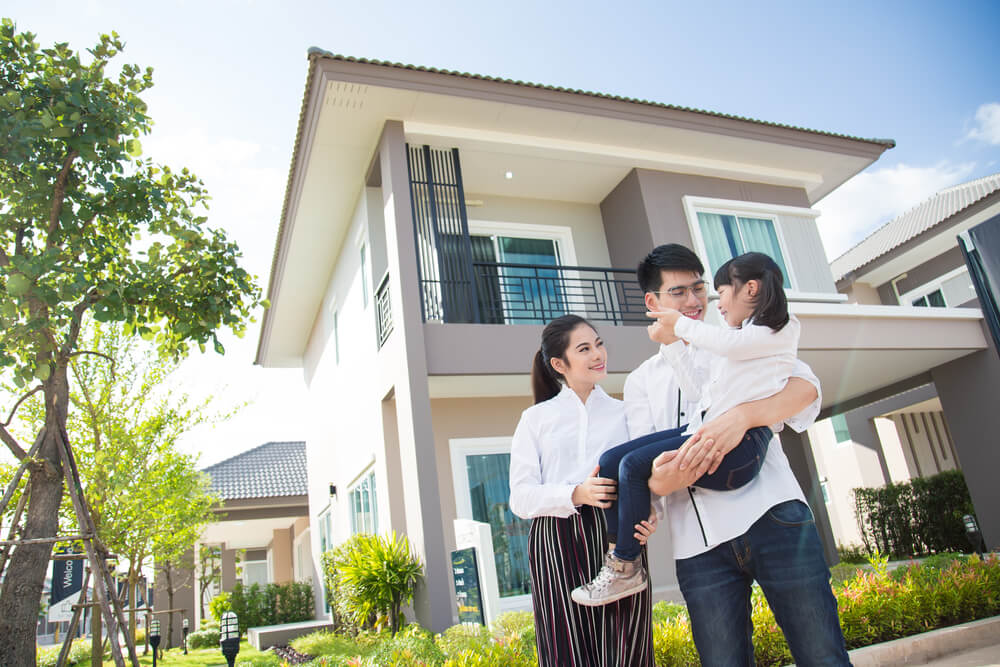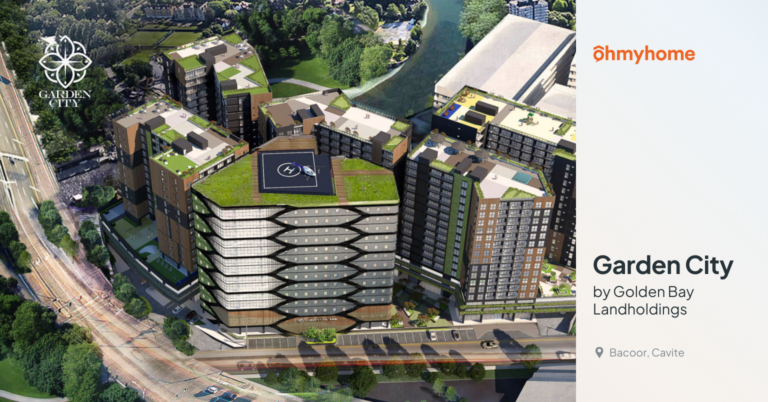Written by: Rita Magallona
Are you in the midst of house hunting? Perhaps you’re a fresh graduate leaving the nest for the first time and looking forward to the privacy of your own space. Maybe you are a newlywed or parent searching for a bigger home for your growing family. Or you’re a professional who wants to move closer to work so that you can avoid the long commute and reclaim hours of your day.
No matter your reason, you’re probably wondering which is the smarter option: should you rent or buy a home? We’ve compared these housing options to help you decide.
Renting vs. Buying a Home in the Philippines: A Comparative Look
1. What is your budget?
Why rent when you can buy? Some would say that it is better to buy than to rent. Your monthly payment will be higher, but the property will be yours eventually. On the other hand, is it worth it to invest in a home? Consider the costs of buying a home before you even start looking at property listings for sale.
Have you done your financial planning? Imdeally, you should have built up an emergency fund before committing to purchasing a property. An emergency fund should cover three to six month’s worth of expenses, including your projected monthly amortization. This way, should anything happen to your income stream, you can still pay for the amortization and other bills until you find a new job.
If you’re still building your emergency fund, renting might be the better option. Monthly rents tend to be cheaper than monthly amortization when buying a home, plus you don’t need to pay property taxes. Your landlord also shoulders most of the maintenance costs. However, look closely at your rental contract, as your rent may increase by as much as 10% each year. In some rental properties, the landlord may charge extra for pest control, garbage collection, security, or cleaning of communal areas.
Should you decide to rent a condo or apartment, you need to prepare the following upfront costs:
- Advanced payment: one to three months’ rent
- Security deposit: one to three months’ rent
- Moving expenses
You should get your deposit back at the end of your lease, provided you fulfill the terms of your contract. Take note that your landlord may deduct repairs, repainting, and professional cleaning costs from your deposit. And if you decide to move out before your lease is over, you may have to forfeit your deposit or get a prorated refund.
2. Are you planning to move any time soon?
Are you planning to stay in one location for long, say at least five years? Or do you expect to change residences often because of work, school, or other reasons? If you are not planning to move within the next two to five years, renting offers more flexibility. Leases are often for one year, renewable annually. If you time your move wisely, you could even get your deposit back.
On the other hand, if you are the kind of person who prefers to sink roots once you’ve found a place to stay, you might consider investing in a home of your own. It’s best to make this decision after you’ve learned all you can about the neighborhood of your target property.
3. How will major life changes affect your housing needs?
Life changes, both expected and unexpected, can influence your choice to buy or to rent. Changing jobs, getting married, having children, starting a business, migrating for your career, assuming the care of an elderly parent – all these milestones have an impact on your choice of housing.
Often, homebuyers wish to settle down in a location that’s ideal for raising a family: safe, close to reputable schools, and with less pollution. Living in a cramped rental apartment is also not comfortable when you have young children.
4. Do you wish to customize your home?
Are you a DIYer who wants to install shelves, add a loft, change the layout, or even go wild with paint colors? All these options are usually not allowed in rental units. In fact, some landlords won’t even allow you to make holes in the walls to hang up pictures, much less make any drastic changes to the property.
On the other hand, being a homeowner means you are responsible for all the repairs or maintenance work required. Leaky roof? Clogged pipes? Broken windows? Outdated electrical wiring? Termite attack? Loose floor tiles? A home buyer has to factor all that in their budget.
5. How much do you value convenience?
Hand-in-hand with costs and lifestyle is the convenience factor. Ideally, you should live near your workplace or your children’s school to cut down on the commute. Also, the nearer you are to modern amenities, the more expensive your rent or monthly amortization will be: grocery stores, shopping malls, restaurants, top-tier hospitals, public transportation, etc. You may end up trading space for convenience, as homes in the city tend to be smaller than those in the suburbs or rural areas.
If you work in the city, you might consider renting a place near where you work, as opposed to buying a property in the suburbs. If you plan to stay at your city job for the long term, you might want to look at condos and townhouses nearby and see if they fit your budget, especially if you already have an emergency fund tucked away.
Rent or buy: which is the better option?
There is no absolute better choice between renting and buying. Ultimately, you have to decide what best suits your needs and – if you have a family – your family’s needs. So, consider these guidelines and see which fits you best. Housing is not only a necessity; where you live will influence all the other aspects of your life.
Did you know that you can DIY buying and selling real estate using Ohmyhome? Download the Ohmyhome mobile app from the Play Store or App Store.
























































